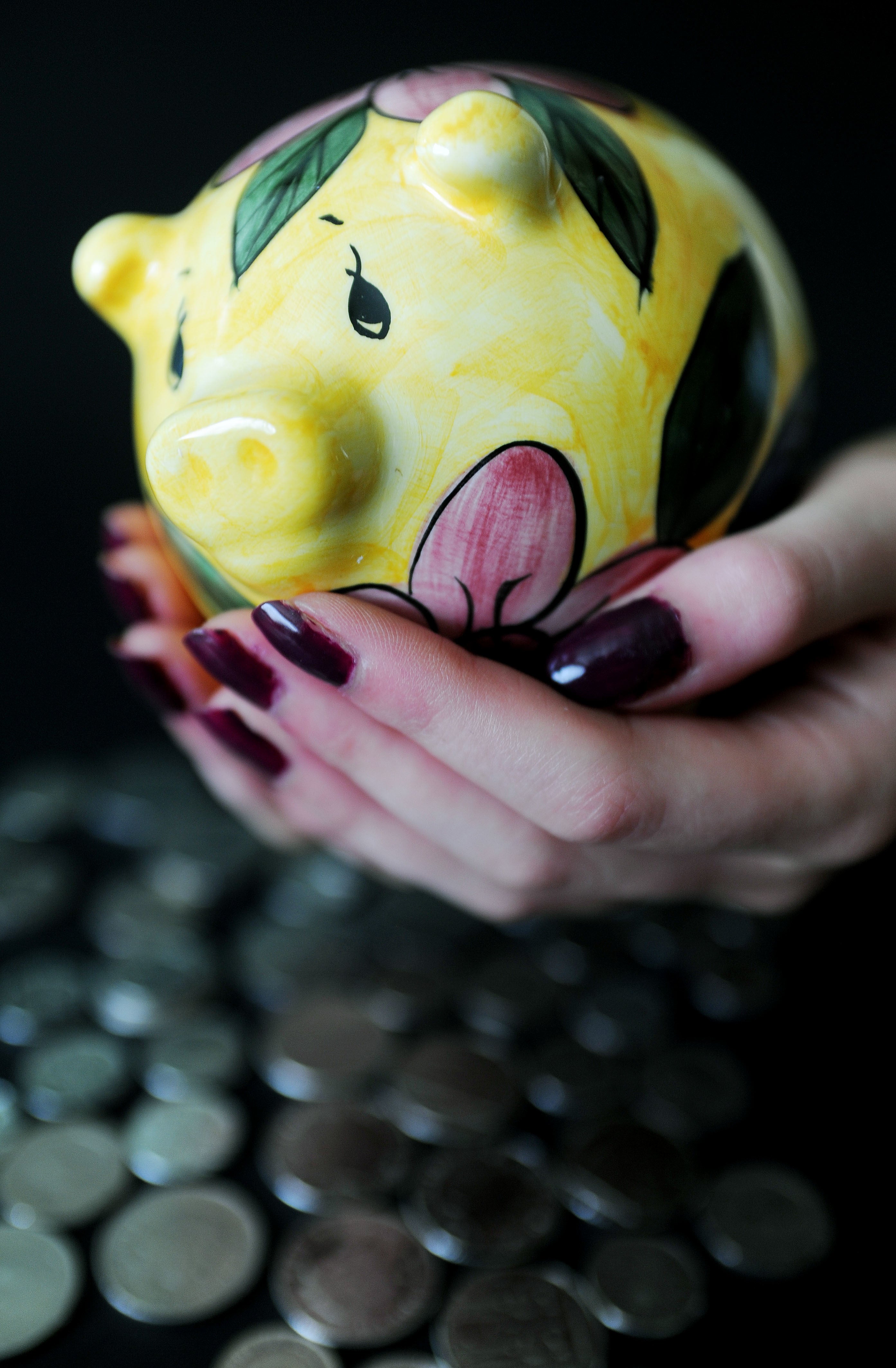31% of Isa savers plan to increase their subscriptions this year, survey finds
Women were more likely than men to say they felt worried about stock market investing, according to the research.

Your support helps us to tell the story
From reproductive rights to climate change to Big Tech, The Independent is on the ground when the story is developing. Whether it's investigating the financials of Elon Musk's pro-Trump PAC or producing our latest documentary, 'The A Word', which shines a light on the American women fighting for reproductive rights, we know how important it is to parse out the facts from the messaging.
At such a critical moment in US history, we need reporters on the ground. Your donation allows us to keep sending journalists to speak to both sides of the story.
The Independent is trusted by Americans across the entire political spectrum. And unlike many other quality news outlets, we choose not to lock Americans out of our reporting and analysis with paywalls. We believe quality journalism should be available to everyone, paid for by those who can afford it.
Your support makes all the difference.Nearly a third (31%) of Isa savers plan to increase their subscriptions this year, despite global market volatility, a survey has found.
As the end of the tax year approaches on April 5, just one in 50 (2%) Isa holders plan to scale back their contributions.
The research was conducted for investment platform Freetrade, which said US technology stocks are among the most popular with its Isa holders in 2022, and comparison review website InvestingReviews.co.uk.
It's important to have a sufficiently diversified portfolio and continue to focus on the long term
Some 1,000 Isa holders were surveyed, including 700 with stocks and shares Isas.
The findings were released at a time when inflation is expected to hit 8% in the coming months, eroding the value of people’s savings held in cash further.
According to analysis from AJ Bell last week, even if someone put their money in a top paying easy access account, someone with £20,000 of savings could potentially end up losing around £1,400 a year in real terms if inflation reaches 8%.
Investing in stocks and shares can potentially lead to bigger returns over the longer term for those riding out the peaks and troughs of the markets, however it is important to bear in mind that capital is at risk and people may end up getting back less money than they put in.
Investors may want to consider getting independent financial advice.
The Freetrade/InvestingReviews.co.uk research also found that women were more likely than men to say they felt worried about stock market investing.
I am moving my money into more stable and established funds
Freetrade Isa holder Josh Paradise, 26, from Swindon, said: “As my investment experience has grown, I’ve learned to handle the fact that markets go up and down, so volatility doesn’t phase me as much as it did when I first started. I also learned over time to make sure I have a diversified enough portfolio to help handle market volatility.”
Mr Paradise, an underwriter, said that he held investments in alternative energy sources and electric vehicle companies, adding that looking ahead: “I really see governments moving towards green energy quicker than originally intended.”
He added: “So far, my investment levels have remained unchanged although I am moving my money into more stable and established funds rather than riskier investments.”
Dan Lane of Freetrade said buying investments regularly in small amounts can help to smooth out volatility and create some stability in investment performance.
He said: “As market volatility heightens in light of global events, it’s important to have a sufficiently diversified portfolio and continue to focus on the long term.”
Simon Jones, CEO of InvestingReviews.co.uk, said: “The lesson of the pandemic is that those who retreat from the market at the first sign of volatility risk losing out when conditions improve later.”